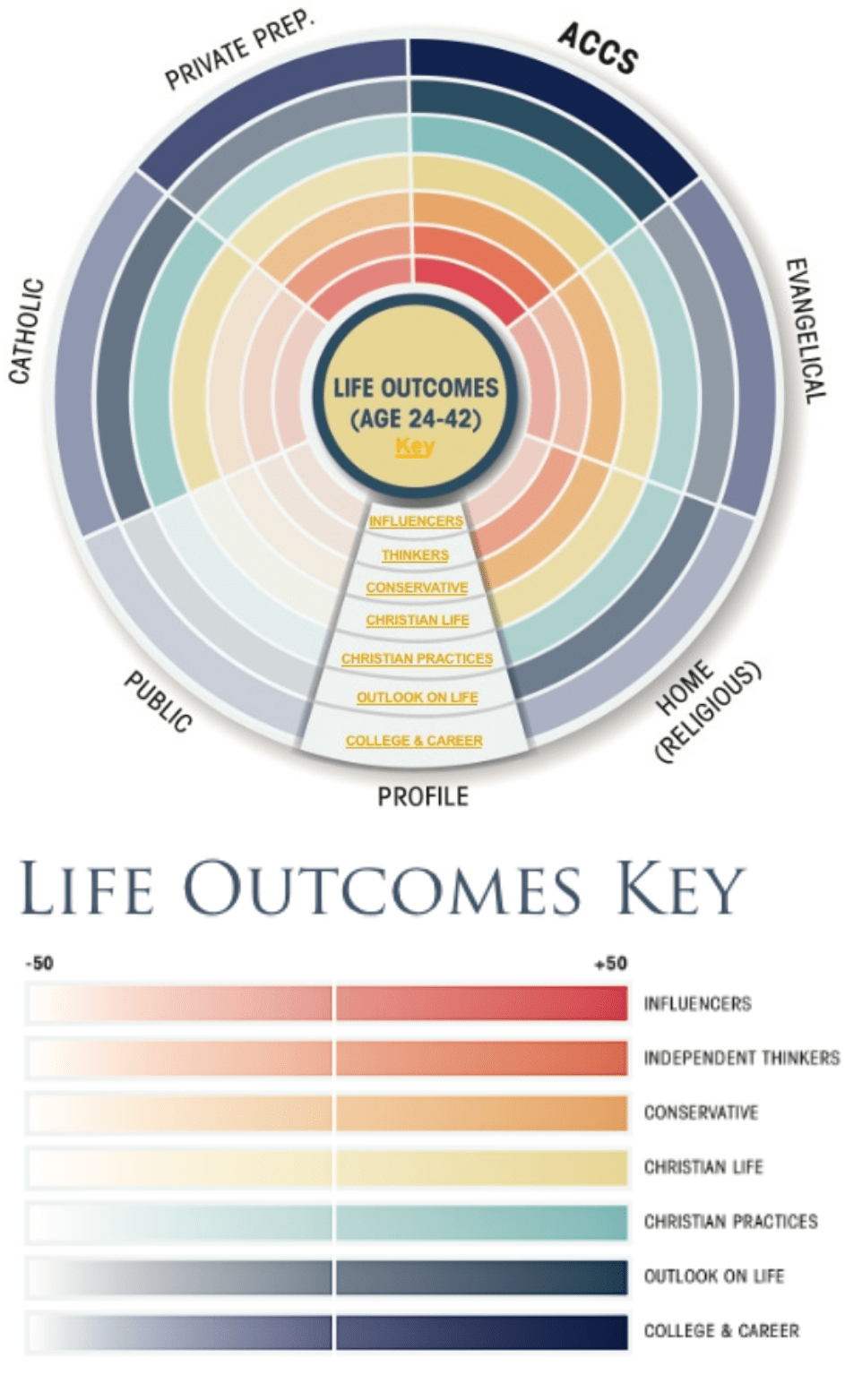What is Classical Christian Education?
Delaware Valley Classical School is a private K-12 school rooted in the historic Christian faith, seeking to cultivate thinking, articulate students who reason well, work with excellence, and communicate clearly and persuasively. To achieve this, we use distinctive, classical methods. Classical refers to the classical era and influences of the Greco-Romans, who shaped Western civilization. Since the Middle Ages, the greatest thinkers and innovators have been classically educated, including Leonardo da Vinci, Isaac Newton, Thomas Jefferson, Frederick Douglas, Susan B. Anthony, and C.S. Lewis. Classical Christian education is unique in that it seeks to faithfully restore the most proven form of education ever developed.
Three Stages of Learning
Classical education uses a three-stage framework for learning all subjects, known as the Trivium. The three phases of the Trivium are Grammar, the nature of a subject; Logic, disciplined thought and reason; and Rhetoric, the art of persuasion. The stages of the Trivium build upon one another so that one must master the grammar of a subject before being able to critically think through the subject, and only after knowledge and rational evaluation is one able to persuade others on the matter. DVCS students master these disciplined phases of learning so that they do not fall into the cultural trap of jumping straight to sharing uninformed, unevaluated opinions. These methods of dealing with subjects follow the biblical pattern of learning (Proverbs 24:3-4) which encourages mastery and progression of knowledge to understanding and finally, to wisdom. Mastering the art of Trivium learning equips our students with the skills necessary to become lifetime learners and humble leaders wherever God’s path takes them.
DVCS emphasizes each phase of the Trivium according to the grain of a child’s development:
- Grammar Stage (K-6th Grade): Inquisitive elementary-aged students gain knowledge first through discovery, imitation, memorization, and recitation.
- Logic Stage (7-8th Grade): As students mature and naturally become more argumentative, we equip them with logic and reasoning skills to create informed conclusions.
- Rhetoric Stage (9-12th Grade): As students mature into the high school years and desire to express themselves, we teach them how to persuasively and eloquently express their ideas.
DVCS Distinctives
Smooth runs the water where the brook is deep.
-William Shakespeare





